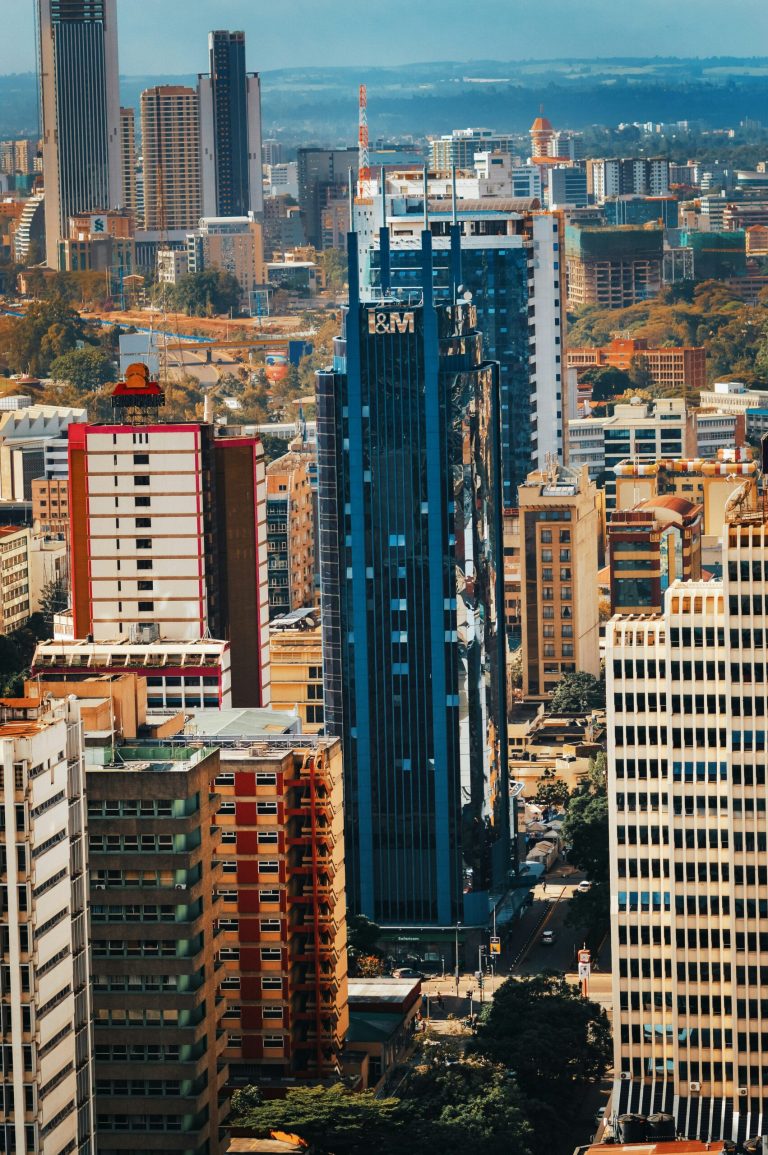Violence broke out again today in the Kenyan capital of Nairobi, as well as several other towns and villages, as the latest in an ongoing protest against both a proposed financial bill and the nation’s president.
Earlier today on June 25, riots throughout the African nation of Kenya gained steam, with many being wounded in altercations between protestors and police.
This comes after previous unrest last week, on June 20, resulted in more clashes between protesters and police, killing at least one Kenyan in the struggle and injuring several others.
Crowd control gone wrong
Kenyan politicians met in parliament this morning, as is customary every June, to attend ongoing debates surrounding the year’s proposed finance bill, among other bills submitted to parliament.
However, after protesters in Nairobi attempted to march on the building, riot police sealed off the building, with the politicians still inside, allegedly releasing tear gas canisters and water cannons in an attempt to control the crowd.
The ongoing protests have received attention from international media and influencers alike – including former US president Barack Obama’s half-sister, Auma Obama, who was teargassed in Nairobi during a live CNN interview earlier today.
Effects on the Kenyan shilling (KES)
Kenyan citizens’ lives aren’t the only things in the balance, either.
On June 6, speaking at Kenya’s Monetary Policy Committee (MPC) press conference, governor of the Central Bank of Kenya (CBK) Kamau Thugge said that the Kenyan shilling (KES) had appreciated against the US dollar more than almost any other currency in 2024 so far.
In its most recent weekly bulletin, the CBK described the Kenyan shilling as “stable against major international and regional currencies” on June 20.
However, the KES has slipped recently, going from trading at approximately $0.0078 to the USD on June 24, to trading at $0.0077 to the dollar more recently, after today’s news of police and protester violence became widespread.
Why are there riots in Kenya?
The Finance Bill for 2024, submitted to Kenyan parliament last month in May, has met with mass criticism from the nation’s people.
The bill in question is attempting to raise over $2.5 billion in taxes to service the country’s mountainous debt.
Among other proposed taxes was a new 5% levy on digital payments – which, like MPesa, make up a vast percentage of the country’s payments.
Other mentions in the bill, which could materially affect cost of living for many of the population, include higher taxes on subsistence items bread and vegetable cooking oil.
In response to the outcry, Ruto stated on June 18 that:
The Finance Bill has been amended to remove the proposed 16 per cent VAT on bread, transportation of sugar, financial services, foreign exchange transactions as well as the 2.5 per cent Motor Vehicle Tax. Additionally, there will be no increase in mobile money transfer fees, and Excise Duty on vegetable oil has also been removed.”
Ruto’s resignation called for
Initially solely protesting the bill, after last week’s bill amendments, Kenyans are now calling for Ruto to resign or be removed as president.
Michelle Gavin explains on The Council of Foreign Relations’ blog, that:
Ruto’s rapid ascent to de facto regional leadership has not been warmly received domestically. Kenyans are struggling with rising taxes, climate disruptions, and the persistent scourge of corruption that undermines trust in government. The ‘Silicon Savannah’ presentations can gloss over the reality that 80 percent of Kenyans work in the informal sector—and that this vast population of ‘hustlers’ represent Ruto’s political base.”
The post Ongoing protests and police violence rock Kenya and the Kenyan shilling (KES) appeared first on Invezz

